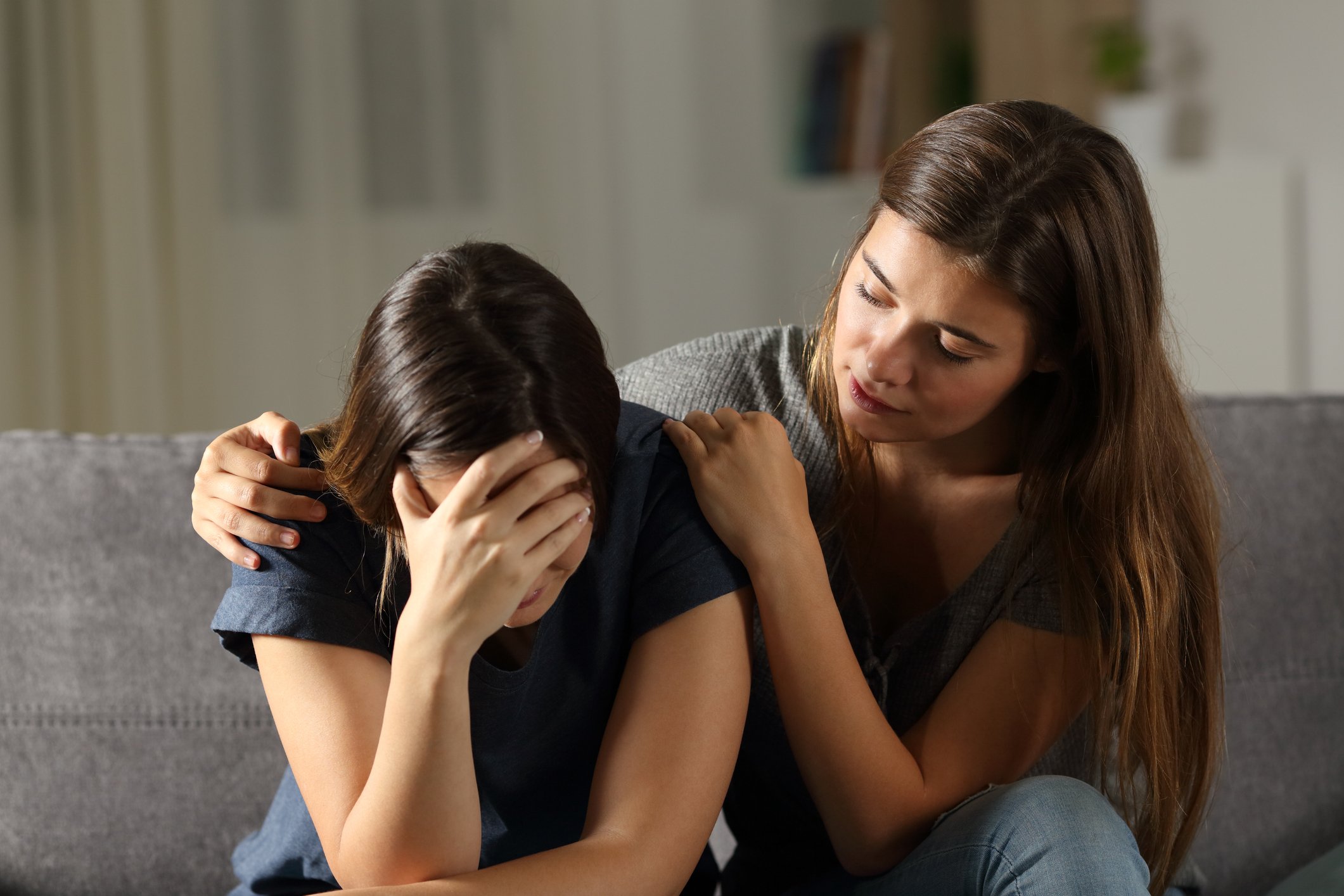Eating Disorders 101: What Every Teen Should Know
When you hear the words "eating disorder," you might immediately think of someone skipping meals or worrying about their weight — but the truth is, eating disorders are much more complicated than that. They aren't just about food; they're about emotions, control, self-esteem, and coping with life's pressures.
In today’s world — with social media, endless beauty standards, and the pressure to "be perfect" — it’s easier than ever to fall into unhealthy patterns without even realising it. That’s why understanding what eating disorders are, how they show up, and why they happen is so important.
This guide is here to break it down for you — in simple, honest terms — so you can recognise the signs, look out for yourself and your friends, and know that help is always possible. Let’s start by understanding what eating disorders really are and why they deserve to be taken seriously.
What Is An Eating Disorder
An eating disorder is a serious mental health condition that affects the way a person thinks about food, eating, and their body. It's not just about wanting to be thin or skipping meals — it's often about trying to manage overwhelming emotions, stress, or feelings of being out of control.
Eating disorders can cause people to eat too little, eat too much, or use unhealthy behaviors to try to "fix" how they feel inside. These behaviors might start as ways to cope, but they can quickly become dangerous habits that harm both physical and emotional health.
Common Types Of Eating Disorders
Here are some of the most common eating disorders teens experience:
Anorexia Nervosa: A strong fear of gaining weight leads to eating very little, exercising too much, or doing both. People with anorexia often see themselves as bigger than they are, even when they're dangerously underweight.
Bulimia Nervosa: This involves cycles of binge eating (eating a large amount of food in a short time) followed by purging (vomiting, using laxatives, or overexercising) to try to "undo" the eating.
Binge Eating Disorder: Someone with binge eating disorder eats large amounts of food, often in secret, and feels out of control during these episodes. Unlike bulimia, there's no purging afterward — but the feelings of shame and guilt can be very intense.
Other Specified Feeding or Eating Disorders (OSFED): Not everyone fits into a neat box. OSFED is for people who have serious eating problems but don't match the exact patterns of anorexia, bulimia, or binge eating.
Why Eating Disorders Happen
Eating disorders don’t have a single cause — they happen because of a mix of different things, including:
Emotional struggles (like anxiety, depression, or low self-esteem)
Pressure to look a certain way (from friends, family, social media, or society)
Feeling out of control and using food as a way to cope
Family history (genetics can play a role too)
Past trauma or bullying
Sometimes, people don’t even realize they’re developing an eating disorder until it’s already taking a toll on their life.
Warning Signs To Watch Out For
If you notice these signs in yourself or a friend, it might be time to reach out for help:
Skipping meals often or cutting out major food groups
Obsessing over calories, dieting, or body weight
Hiding eating habits or feeling guilty after eating
Exercising excessively, even when tired or sick
Significant weight changes (loss or gain)
Feeling anxious, depressed, or isolated
You don’t have to have every sign to need help. If something doesn’t feel right, it’s always okay to talk to someone you trust.
Why It’s So Important To Get Help
Eating disorders can seriously harm your heart, bones, brain, and overall health — and the longer they go untreated, the harder they are to recover from. But the good news is that recovery is possible.
Talking to a parent, teacher, counselor, or doctor is the first step toward healing. You're not weak for asking for help — you're strong for recognising you deserve support.
Final Thought
Eating disorders are real, serious, and deserve attention — but they never define who you are. Understanding them is the first step toward breaking the stigma and showing yourself (and others) more kindness and care.
If you're struggling, you're not alone. Your feelings are valid, and there’s always hope for a healthier, happier future. Speaking up, seeking help, and choosing healing are some of the bravest things you can do.
At Shout, we have around 80 conversations every day about eating disorders or body image. If you or someone you know is struggling with an eating disorder, it's important to know that there is support available and you can get better.








